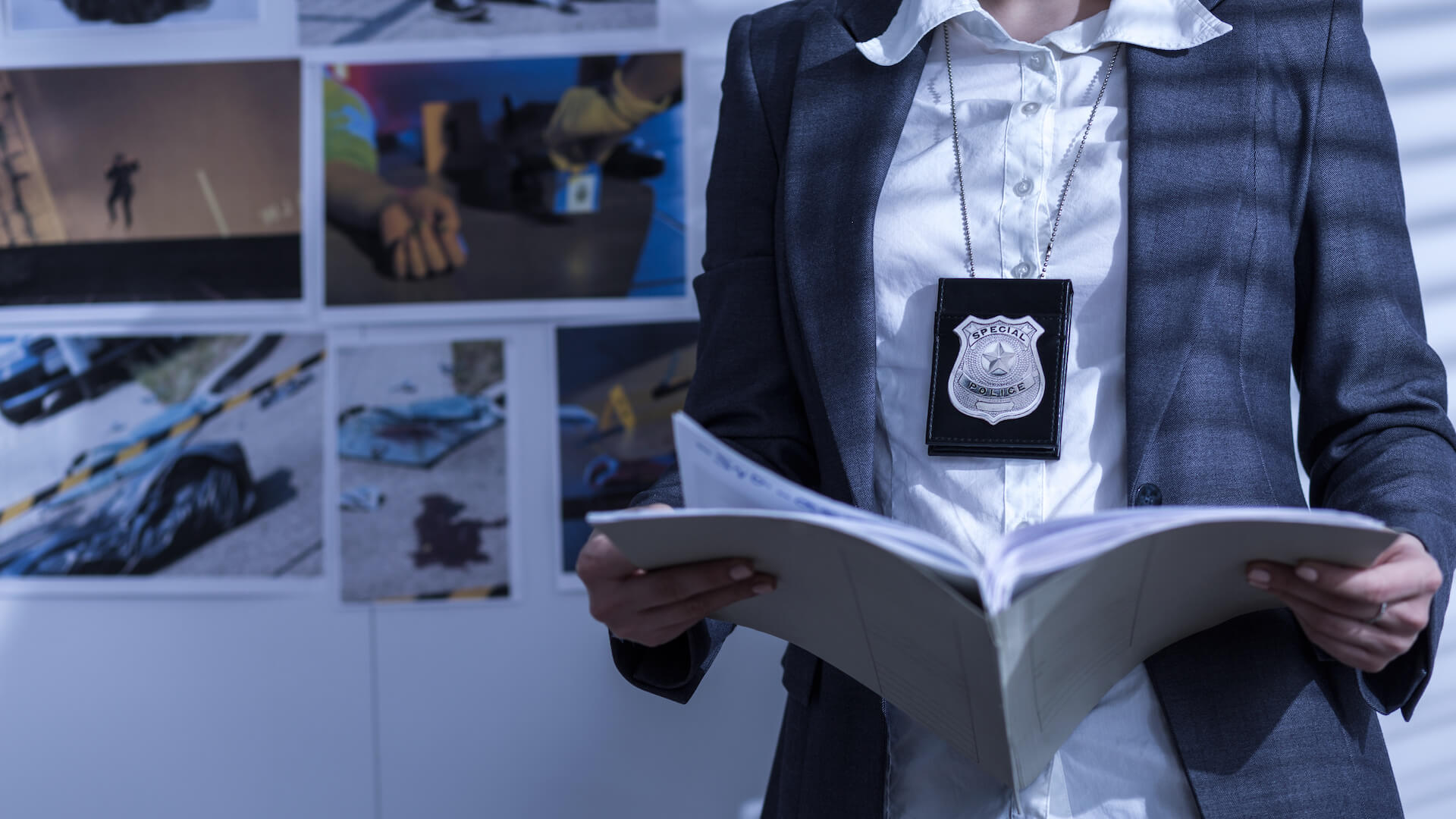
Admissible vs Inadmissible Evidence
If you’re charged with a crime and end up going to trial, the biggest influence on whether or not you’re convicted will depend on the evidence against you. The evidence the prosecution gathers will either be admissible (can be used in court) or inadmissible (cannot be used in court).
The difference between admissible vs inadmissible evidence can mean going to jail or walking out of court a free person.
What Makes Evidence Admissible?
For evidence to be admissible, it must meet three criteria:
- It must be relevant
- It must be material
- It must be competent
Relevant: This means the evidence must have some reasonable ability to prove or disprove a fact in your case. Evidence that shows you aren’t a good parent is likely not relevant in a murder trial.
Material: A given piece of evidence is considered material if it is offered to prove a fact that is in dispute in a case. If the prosecution claims you were somewhere at a certain time, but you have a receipt, video, security footage, or some other type of evidence that proves you were someplace else, that evidence is material.
Competent: Certain types of evidence are more reliable than others. The courts have traditional standards of which types of evidence are of an acceptably reliable level to be used in a trial, and those types of evidence are referred to as being “competent”.
If a piece of evidence meets all three of the above criteria, it may be used by either the prosecution or your defense lawyer in your trial.
Ready To Speak To An Attorney?
Call us now at (707) 540-2356
Excluding Inadmissible Evidence
One of the most important jobs your defense lawyer will do before your trial starts is to make sure that evidence not related to your case isn’t allowed to be seen by a jury.
If the prosecutors try to introduce evidence that doesn’t meet the requirements for admissible evidence – and they almost always do – your lawyer can ask before or during your trial to have that evidence suppressed.
Prosecutors often try to use evidence that makes a defendant look bad – like paying their bills late, cheating on their wife or girlfriend, not paying child support, etc – to convince a jury that a defendant is a bad person and likely committed whatever crime they’ve been charged with.
But not being a good spouse or parent doesn’t automatically make someone a criminal, so that evidence may not be relevant to a case.
Your attorney will know all these tricks in advance. Their job is to fight for you and make sure that irrelevant evidence is made inadmissible and isn’t used against you in court.
Hiring A Criminal Defense Attorney
If you are facing criminal charges, you should always contact an attorney as soon as possible. It’s common for police to tell people in custody that they have all the evidence they need to convict them of a crime, so they might as well confess. This is rarely true.
In many cases, the “evidence” that police claim to have is either made up entirely or not admissible in court. This is why it’s so important to speak with a lawyer as soon as possible.
To get help with your case, please contact our offices today.
REQUEST A FREE PHONE CONSULTATION
At Quinnan Law, we offer every client a free phone consultation to discuss their unique situation and determine how we can help. To arrange a consultation, please fill out the adjacent form or call us at: (707) 540-2356.
We provide representation in California State and Federal Courts. We accept most major credit cards for your convenience.
